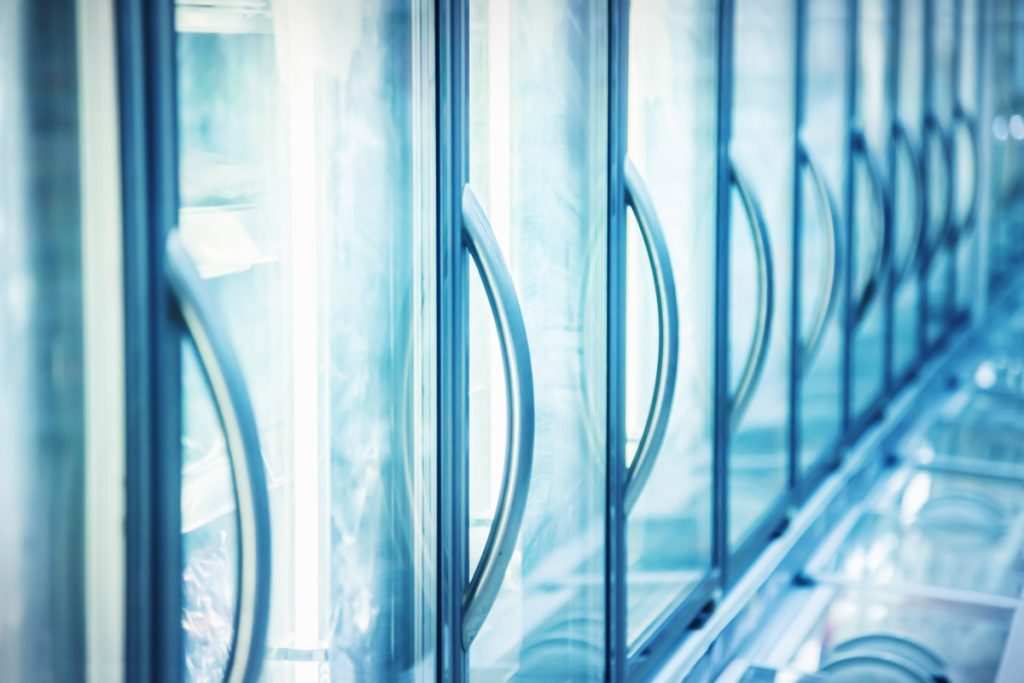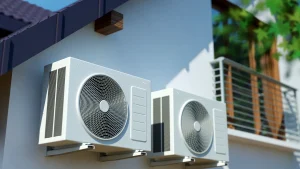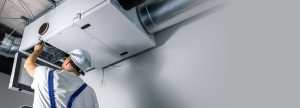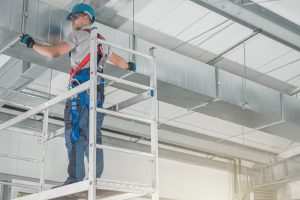Refrigeration systems play a vital role in preserving the freshness of perishable goods and maintaining comfortable environments. However, like any complex machinery, refrigeration units are susceptible to various issues that can impact their performance and efficiency. In this blog post, we will explore some of the most common refrigeration problems and provide preventive measures to ensure your refrigeration systems run smoothly and reliably.
Refrigerant Leaks
Refrigerant leaks are a prevalent issue that can lead to reduced cooling capacity and increased energy consumption. To prevent leaks, it is essential to schedule regular maintenance and inspections by trained technicians. Additionally, keeping the refrigeration system clean and free from debris will help maintain the integrity of the components and reduce the risk of leaks.
Inadequate Cooling
When a refrigeration unit fails to reach the desired temperature or struggles to maintain it, inadequate cooling is likely the culprit. Regularly cleaning the condenser coils and ensuring proper airflow around the system can help prevent this problem. It is also crucial to check the door seals regularly to ensure they are intact and airtight, preventing warm air from entering the refrigeration unit.
Excessive Frost Build-Up
Frost accumulation on the evaporator coils can obstruct the airflow and reduce the efficiency of the refrigeration system. To prevent excessive frost build-up, regular defrosting is essential. Some modern refrigeration units have automatic defrosting features, while others may require manual defrosting. Regular maintenance and timely defrosting will help maintain optimal performance.
Compressor Issues
The compressor is the heart of any refrigeration system, and issues with this component can lead to complete system failure. Regularly inspecting the compressor for signs of wear, ensuring proper lubrication, and addressing any abnormal noises or vibrations promptly are crucial preventive measures. Maintaining stable voltage and avoiding frequent power cycling can also extend the life of the compressor.
Condenser Problems
The condenser is responsible for releasing heat from the refrigeration system. Dust, dirt, and debris can accumulate on the condenser coils, hindering proper heat dissipation and leading to reduced efficiency. Routine cleaning and ensuring adequate airflow around the condenser can prevent overheating and prolong the life of the refrigeration unit.
Electrical Issues
Electrical problems, such as faulty wiring or loose connections, can cause the refrigeration system to malfunction or even pose safety hazards. Regular inspections of the electrical components, including wiring, switches, and control panels, are essential to identify and rectify potential issues before they escalate.
High Energy Consumption
Refrigeration units that consume excessive energy not only lead to higher utility bills but also contribute to environmental degradation. Regularly checking and calibrating the thermostat, optimizing temperature settings, and using energy-efficient components can help reduce energy consumption and promote sustainability.
Water Leaks
Water leaks can result from various sources, including blocked drain lines or damaged water supply connections. Regularly inspecting the drain lines and ensuring they are clear of debris can prevent water buildup and leaks. Additionally, checking water supply connections for any signs of wear or damage and promptly replacing faulty components can prevent potential leaks.
Overloading and Poor Organization
Overloading the refrigeration unit or improperly organizing its contents can hinder proper airflow and cooling distribution. Ensure that the unit is not overloaded, and maintain proper spacing between items to allow for adequate air circulation. Regularly cleaning and organizing the interior of the refrigeration unit will also help prevent cross-contamination and extend the shelf life of stored items.
Neglecting Regular Maintenance
Perhaps one of the most common issues is neglecting regular maintenance. Preventive maintenance is key to identifying and addressing minor problems before they escalate into major malfunctions. By scheduling regular inspections and maintenance with qualified technicians, you can ensure the longevity and efficient operation of your refrigeration systems.
Conclusion
Preventing common refrigeration issues requires a proactive approach and regular maintenance. By addressing potential problems early on, keeping the system clean, and following proper operating procedures, you can extend the life of your refrigeration unit, reduce energy consumption, and ensure the safety of stored goods. Investing in preventive maintenance not only saves you from costly repairs but also enhances the overall efficiency and reliability of your refrigeration systems, making it a worthwhile strategy for both domestic and commercial settings.







